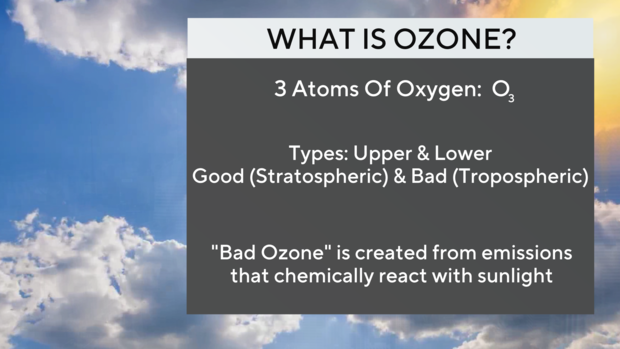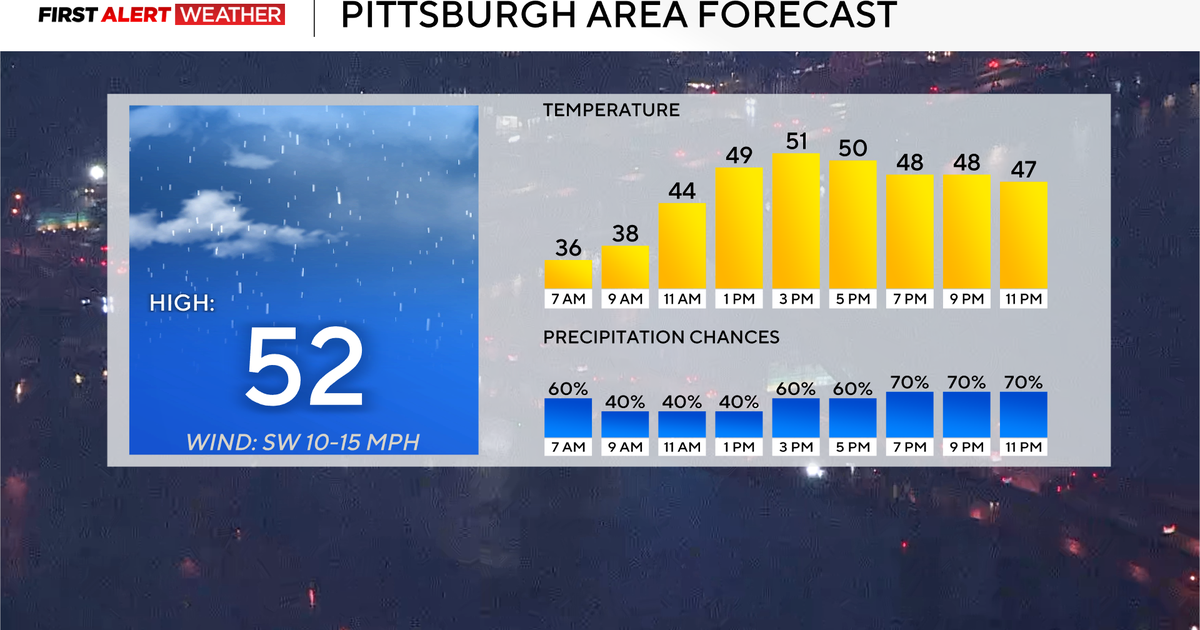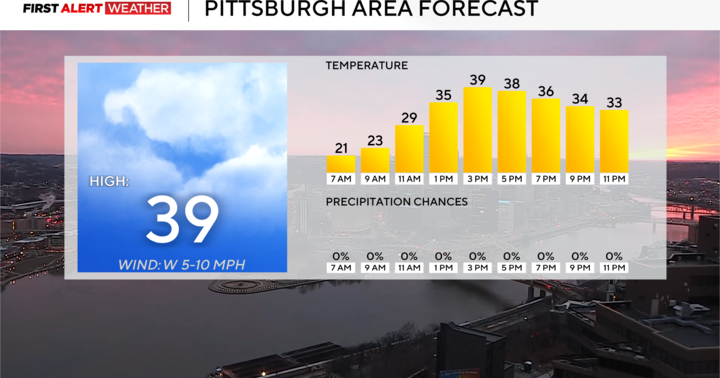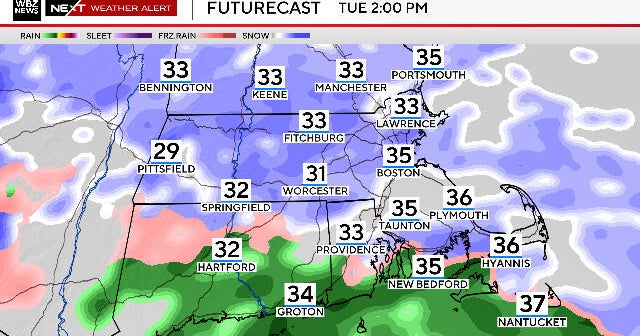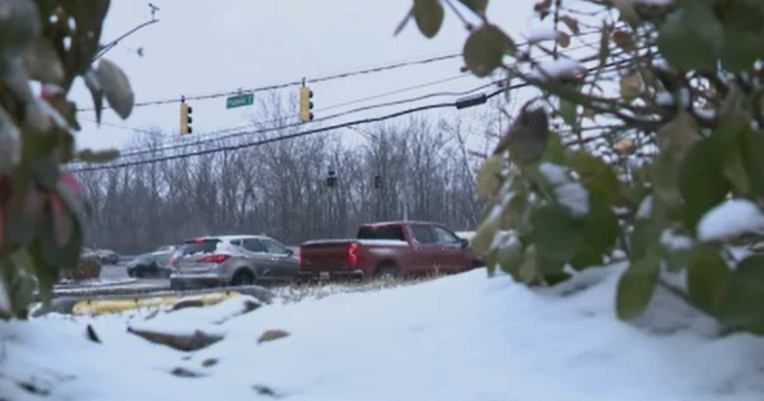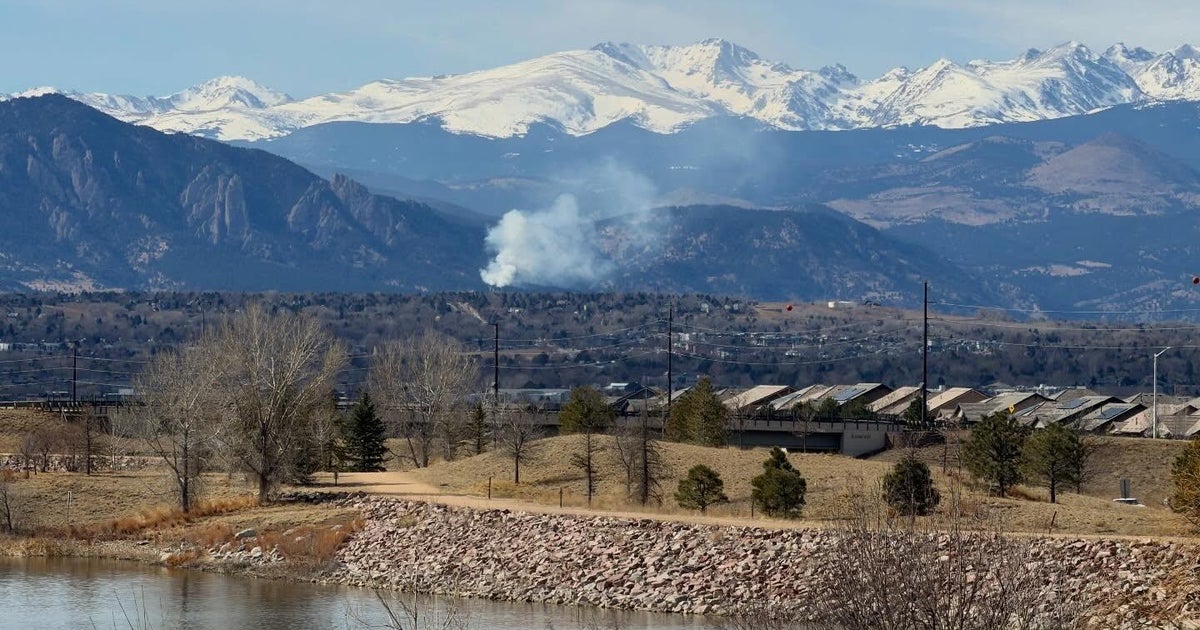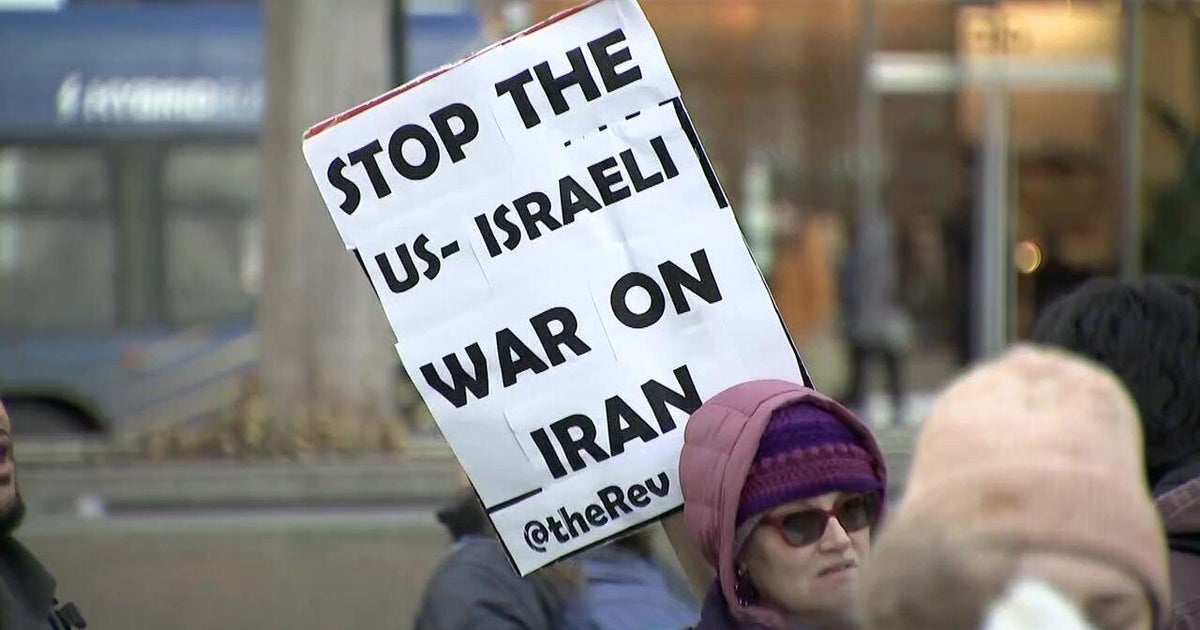NYC, surrounding area under Air Quality Health Advisory Tuesday. Here's what it means for you.
NEW YORK - An Air Quality Health Advisory is in effect for New York City and much of the surrounding area Tuesday.
It's because of ground-level ozone.
The advisory is in effect until 11 p.m. Tuesday.
The advisory was put out because the Air Quality Index (AQI) was expected to exceed 100 Tuesday afternoon. As of 8:20 p.m., the AQI had reached 133, which falls into the category of "Unhealthy for Sensitive Groups." Earlier in the day, the AQI was at 151, the lowest number in the "Unhealthy" category range.
Kids and adults who are being active outdoors should reduce prolonged or heavy exertion, officials said. The same is true for people with respiratory concerns, like asthma or lung disease. People who are part of those sensitive groups are encouraged to make their outdoor activities shorter and less intense, and should take more breaks.
New Jersey's Department of Environmental Protection also declared an Air Quality Action Day.
About ground-level ozone
"Ground-level ozone is the main ingredient in smog," according to the New York State Department of Health. Vehicles, power plants, gas equipment and more all contribute to ozone pollution. Stagnant air and high humidity also contribute by trapping those pollutants and fine particulates, known as PM2.5, that react in the presence of sunlight.
Ozone levels typically decrease at night.
According to the New York State Department of Environmental Conservation, taking the following steps will help reduce pollution:
- Use mass transit or carpool instead of driving - automobile emissions account for about 60 percent of pollution in our cities
- Conserve fuel and reduce exhaust emissions by combining necessary motor vehicle trips
- Turn off all lights and electrical appliances in unoccupied areas
- Use fans to circulate air. If air conditioning is necessary, set thermostats at 78 degrees
- Close the blinds and shades to limit heat build-up and to preserve cooled air
- Limit use of household appliances. If necessary, run the appliances at off-peak (after 7 p.m.) hours. These would include dishwashers, dryers, pool pumps and water heaters
- Set refrigerators and freezers at more efficient temperatures
- Purchase and install energy efficient lighting and appliances with the Energy Star label
- Reduce or eliminate outdoor burning and attempt to minimize indoor sources of PM2.5 such as smoking.
You can always get the latest weather alerts and advisories from the First Alert Weather Team.
